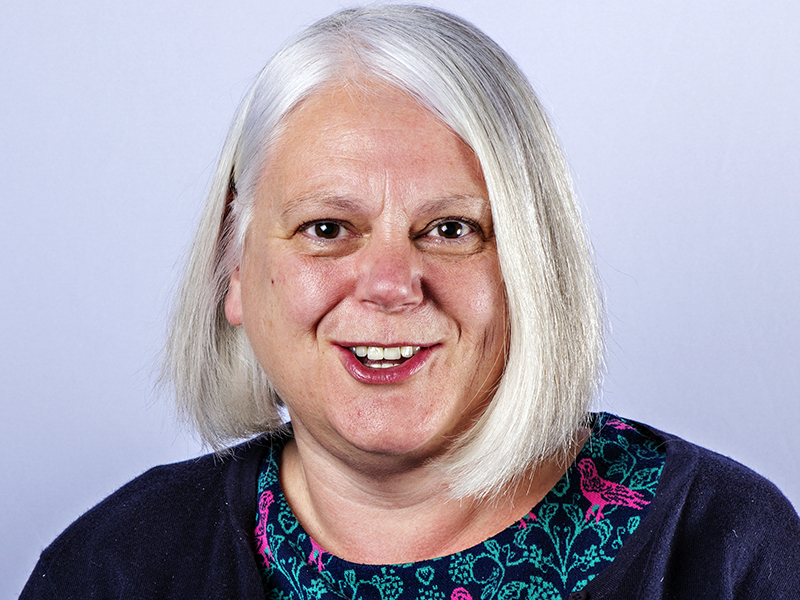It’s Volunteer Week 2023 and a chance to celebrate the fabulous and enriching contribution peer volunteers bring to mental health services and support.
Embracing the experience, knowledge and expertise that people with lived experience bring is both valuable and transformative. Embrace it well and it leads to resources and support that are more likely to meet the needs of those seeking help.
From thinking how moving it is to hear someone’s story, the peer approach goes further and enables us to embrace different experiences and expertise as part of a holistic understanding of what is helpful and aids recovery. Providing opportunities for peer volunteering to flourish can change how we view people with lived experience and see them as leaders of change rather than passive recipients of services.
Whether it’s about providing peer support, influencing local services or sharing experiences to influence change, it can be empowering to find yourself turning your experiences of receiving help and support into something that is valued and valuable!
How do I know? Well, I find it really enriching in my role as Projects Officer with Scottish Recovery Network that I get to be part of this. Supporting the development of and sharing the learning from brilliant and committed peer volunteers doing extraordinary things.
Peer volunteers tell us time and time again how important it is to contribute and feel valued, especially after a period of always being on the receiving end. From feeling that so much has been lost by experiencing mental ill health to beginning to find their worth again through building relationships, finding identity and creating meaning. For some, peer volunteering is what sustains them, for others the confidence, the investment in training and support leads many back into the workplace.
It’s also very personal to me. A key part of my personal recovery was getting involved and volunteering with The Royal Edinburgh Hospital Patients Council and the Lothian Recovery Network. I used my experiences to contribute to change whilst at the same time developing my confidence and skills. Doing so with my peers brought a mutual understanding of what we had experienced as valuable, insightful and finding ways to express and promote ways of doing things differently was hugely beneficial – that peer perspective lens! Seeing ourselves as having experiential knowledge and having that valued was huge. Moving from being a passive recipient of services to a change agent was immense. Challenging both the stigma and the destructive self-stigma that I had unconsciously embraced as seeing myself as less than.
Peer volunteer roles are just one way that people can use what they have learned from their own experiences to enable others in their recovery journey. Groups, organisations and services across the third sector and beyond are embracing peer volunteering in a myriad of ways. This includes peer support groups, lived experience learning, collective advocacy and digital peer support. The peer landscape is varied and vibrant!
This Volunteer’s Week we want to take this opportunity to give a shout out all the fabulous peer volunteers contributing their time, experience and expertise to support others. You are valuable and valued! We recognise the huge part you play in Scotland’s mental health system, and we thank you.
Get involved
Want a piece of the peer volunteer action? Check out our Let’s Develop Peer Roles toolkit where we take you through the process. We asked people what works and what doesn’t and co-created this resource to guide you.
We are also launching a new learning programme called Making Peer Practical for people who want to develop peer support but are not sure where to start.
Our Peer Recovery Hub is also rich with resources and stories.
Lesley Smith is Projects Officer for Scottish Recovery Network







